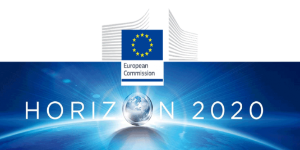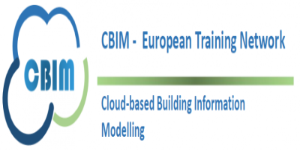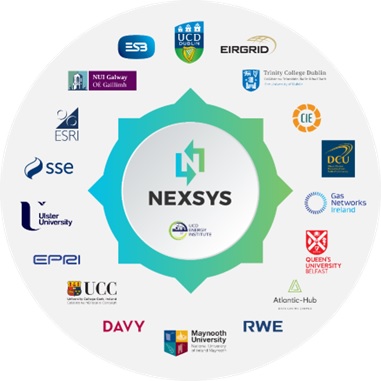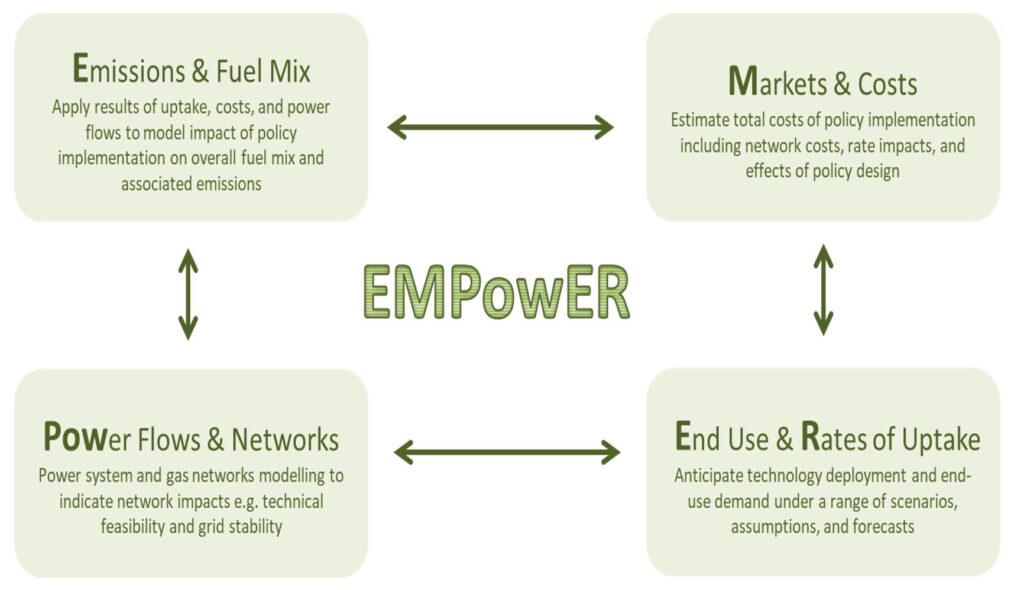
EU-SysFlex

The 4-year Horizon 2020 funded project, EU-SysFlex started in November 2017. There are 34 partners in 14 countries involved in this project, which will cost of €26.5m, including €20.3m funding from the EU, of which the UCD Energy Institute received €0.3m. The EU-SysFlex project is aimed at addressing key operational challenges associated with the transition to a low-carbon power system. The overall objective is to develop a flexibility roadmap to support the implementation of cost-effective solutions in the pan European Electricity system.
Energy Institute Lead Researchers: Dr Damian Flynn and Dr Ciara O’Dwyer.
(opens in a new window)READ MORE
SPINE

The project will create a toolbox for modelling integrated energy systems, will cost over €3.7m with €3.6m funded by the Horizon 2020, of which the UCD Energy Institute received €0.6m. The project is made up of 5 partners in 4 different countries. The Spine project develops and validates an end to end modular set of open source software tools for energy system modeling. Energy system modeling is the process of building computer models of energy systems in order to analyse them. Spine will develop a tool box that will enable open, practical, flexible and realistic planning of future European energy grids. The Toolbox is suitable for both detailed modelling of complex features in energy systems as well as for large-scale problems.
Energy Institute Lead Researchers: Dr Terence O’Donnell, Dr Fabiano Pallonetto and Dr Ciara Dwyer.
(opens in a new window)READ MORE
EvCHIP
ERA-Net Cofund scheme

The objective of the EVCHIP project is to explore and validate a business model for realising the commercial value of EV charging services aggregation. In doing so, the project team aims to create a replicable, enduring modelling capacity within the participating institutions, and to produce scalable prototype software for the integration of electric transportation in the power grid. The project research goals are the assessment of a standard methodology to evaluate the impact of electric vehicles charging point at the distribution level and the validation of a real-time predictive algorithm for the bi-directional charging power management of the charging stations.A progressive modelling strategy has been selected to address the research issues identified by the current project.
Energy Institute Lead Researchers: Prof Andrew Keane, Dr Fabiano Pallonetto
(opens in a new window)READ MORE
WinGrid
Marie Skłodowska-Curie Innovative Training Network

The WinGrid (Wind farm - Grid interactions: exploration and development) consortium aims to train the next generation of researchers on future power system integration issues associated with large-scale deployment of wind generation, focussing on the modelling and control aspects of wind turbine design, and the system stability issues and supervisory structures required for robust implementation. The volume of wind installations is growing rapidly, giving rise to various concerns about future power system stability. More sophisticated modelling capability is required to fully assess the growing complexity as we advance towards a 100% RES resilient power system, while new wind generation technologies are emerging which may radically impact how the future system evolves, against a background of more stringent grid code requirements and emerging system service markets. Highly-skilled researchers, capable of solving such problems, are scarce and in high demand by industry. WinGrid comprises an expert group of 10 academics from 8 beneficiary organisations including 7 leading universities and one large company DNV GL across 6 countries. It also has 8 internationally renowned industrial partners (e.g. ABB) ranging from wind turbine developer, transmission system operator, power system analysts and renewable energy consultants from 6 countries. Combined together we provide wide-ranging expertise in power electronics converters, control theory, system stability analysis, power system operation and electricity markets. The ESRs will enjoy a highly integrated, multi-disciplinary training environment, including access to specialist software and hardware-in-the-loop test environments, enriched through secondments with the network of industrial partners. WinGrid will enable critical learning across all training aspects, in order to ensure that comprehensive, robust and implementable solutions are obtained and validated to face the grid integration challenges of the future.
(opens in a new window)READ MORE
CBIM: Cloud-based Building Information Modelling
Marie Skłodowska-Curie Innovative Training Network

CBIM is a European Training Network in the area of Cloud-based Building Information Modelling. CBIM brings together five leading universities, two software companies and a research institute from six countries, to provide PhD training through state-of-the-art research.
The “Cloud BIM” (CBIM) training network aims to set the foundations for generating and exploiting digital twins of existing assets. It will make a step change in addressing the practical barriers to the concept and train capable Early Stage Researchers (ESRs). Effective training of future experts in this interdisciplinary field is expected to alleviate technology transfer delays from academia to industry. The CBIM network will address these challenges by bringing together European partners with complementary world-leading expertise to form a long-term ‘best (of academia) with best (of industry)’ partnership
(opens in a new window)READ MORE.
PANTERA (PAN-European Technology Energy Research Approach)

PANTERA (PAN-European Technology Energy Research Approach) is a EU H2020 project aimed at setting-up a European Forum composed of Research & Innovation stakeholders active in the fields of smart grids, storage and local energy systems, including policy makers, standardisation bodies and experts in both research and academia representing the EU-28 energy system.
The key objective of PANTERA interactive multi-functional platform is to connect the EU R&I community to enhance collaboration, wider interest and use of the project results, avoid redundancy and lost financing, strengthen the participation of all Member States in support of the fifth pillar of the Energy Union (Research, Innovation and Competitiveness) and energy transition mentioned in “A Framework Strategy for a Resilient Energy Union with a Forward Looking Climate Change Policy”. All contributing entities will benefit through the enhanced connectivity and wider range of services to all beneficiaries and prospective users.
Impact includes:
• Building a true pan-European R&I community in the field of smart grids & associated flexibility measures /energy systems.
• Establishing new collaboration on a long-term perspective, which has a potential to develop into industrial collaborations.
• Building, in the long-term, solidarity and trust for a well-functioning and resilient panEuropean energy system (e.g. contributing to risk preparedness).
Energy Institute Lead Researcher: Dr Paula Carroll
(opens in a new window)READ MORE.
















.png)

